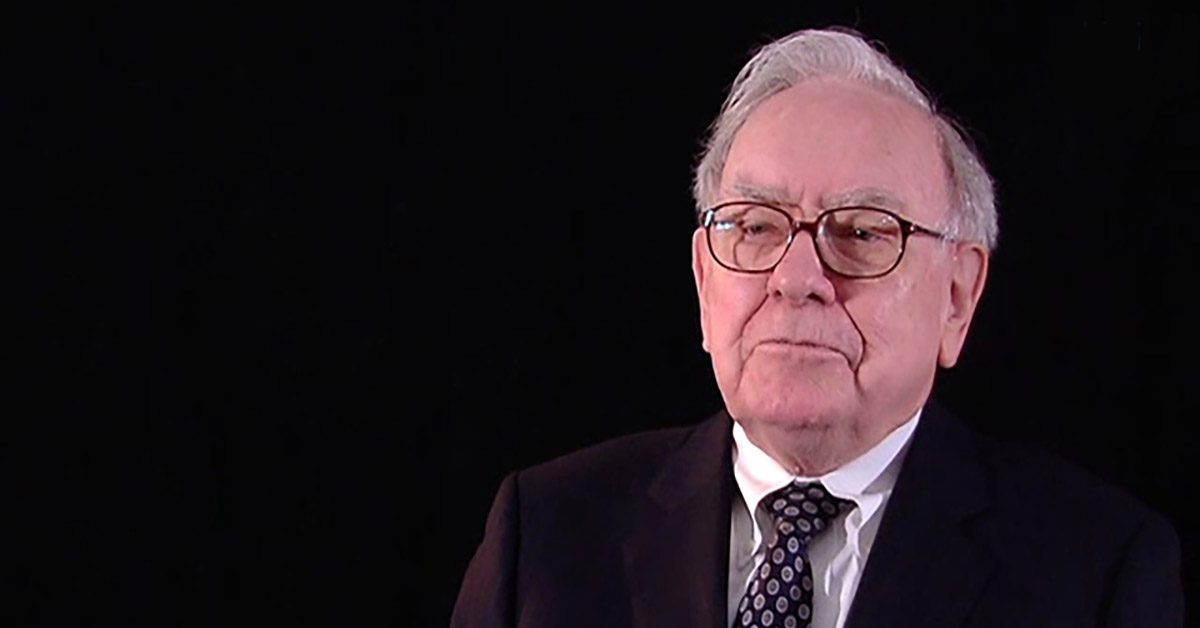For decades, the phrase “family office” conjured images of mahogany-paneled boardrooms, Rockefeller-level dynasties and advisors whispering about tax arbitrage strategies while sipping vintage Bordeaux. If you didn’t have at least nine figures and a yacht, the family office wasn’t your club.
But here we are in 2025, where Taylor Swift is officially a billionaire, Jeff Bezos is planning orbital condos and—believe it or not—family office thinking is no longer reserved for the one percent of the one percent. Thanks to technology, outsourcing, and new advisory models, the gold standard of wealth management is trickling down to the mass affluent. And advisors who don’t recognize this shift risk being left behind in a marketplace that now expects billionaire-level thinking on millionaire-level balance sheets.
Let’s start with the biggest misconception: family offices are only for the ultra-rich. Historically, yes. When you needed a full-time staff of lawyers, tax specialists and estate planners just to keep your financial life upright, you probably also needed a private jet to get them to your vacation home in Aspen. But those days are gone. Today, tech platforms can aggregate accounts, streamline reporting and deliver governance tools once available only to dynasties. Outsourced experts—fractional CFOs, on-demand CIOs, virtual tax strategists—can be tapped as needed. The fortress of services that billionaires once built in-house can now be rented by the project.
Which raises a provocative question: if comprehensive wealth care is within reach for more families, why are so many advisors still operating like it’s 1995—siloed, transactional and product-first?
The average client today has an investment advisor here, a tax preparer there, an insurance broker somewhere else and maybe an estate attorney they see once a decade. That patchwork is fine until it isn’t. When wealth transfers, businesses are sold or life events hit, gaps appear. And those gaps don’t just cost money; they cost trust. Families begin to realize they don’t have an integrated strategy—they have a group project with no leader.
The irony? Advisors are perfectly positioned to fill that integrator role, but too many still underestimate their ability to deliver holistic planning. They think, “I don’t have the resources of a billion-dollar family office.” Fair. But you don’t need them. What you need is the mindset of a family office, scaled intelligently through partnerships, outsourcing and tech.
Here’s what family office thinking looks like in practice for the everyday client:
It’s the advisor who doesn’t just recommend a fund but also coordinates with the CPA before year-end to optimize tax strategy. It’s the advisor who facilitates a family meeting to explain the estate plan, so heirs don’t turn Thanksgiving into a courtroom drama. It’s the advisor who leverages wealthtech tools to deliver real-time dashboards, making clients feel like they’re managing a billion-dollar endowment—even if their “endowment” is a $5 million nest egg.
In short, it’s the advisor who stops seeing themselves as “the investment person” and starts acting like the integrator of every wealth-related decision. That role doesn’t just increase loyalty—it future-proofs the practice. Because the advisors who succeed in the next decade will be the ones who shift from product sales to wealth stewardship.
Need a timely reminder? Consider the recent surge of stories about unprepared heirs squandering generational wealth. One viral headline earlier this year involved a tech founder’s kids selling off family assets in a fire sale because they had no roadmap, no governance and no clue. That’s what happens when advisors fail to move beyond portfolio management. That’s also the opportunity: be the one who prevents that headline for your clients’ families.
If altruism isn’t enough to motivate you, here’s the business case: adopting the family office playbook makes your firm more valuable. Comprehensive, integrated service creates stickier relationships. It widens revenue streams. It differentiates you in a market flooded with robo-advisors offering low-cost asset allocation. And when it comes time to sell or transition your firm, an MFO-style structure with repeatable, holistic processes commands higher multiples.
As EY put it in their Family Office Guide: “Family office thinking isn’t about how much wealth you have, it’s about how holistically you manage it.” The tools are here. The demand is here. The only missing ingredient is whether advisors are willing to embrace the shift.
The family office model is no longer out of reach. It’s a blueprint. Advisors who adopt it aren’t just providing better service—they’re redefining what financial advice means for the 21st century. The future isn’t about picking funds. It’s about helping families live, protect and transfer their wealth with the sophistication once reserved for billionaires.
The playbook has been opened. The question is: are you ready to run it?
The family office model has escaped the yacht club, and the clients you most want to work with are learning to expect it. Are you ready to deliver? With Financial Gravity’s Turnkey Multi-Family Office Charter, you don’t need billionaire resources to provide billionaire-level service. Our platform gives you the tools you need to integrate tax, portfolio management, insurance and legacy planning into a holistic, conflict-free client experience.
This is the future of advisory in the mass-affluent space, and it’s great for the client. But there’s a great payoff for you, too: stickier relationships, differentiated positioning and a practice valued like a true multi-family office. The market is shifting. Are you shifting with it? Learn more by watching this short video.


















